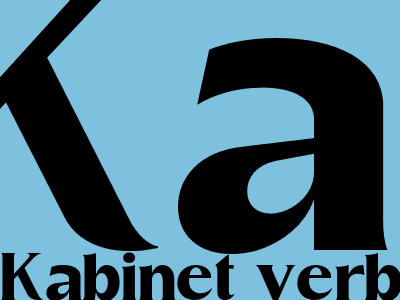
Dutch Cabinet Bans Religious Garments for Police Officers
Effective End of 2025
Neutrality and Equal Treatment Cited
In a move to uphold neutrality and equal treatment within the police force, the Dutch Cabinet has announced a ban on religious garments for officers, effective from the end of 2025.
This decision was reached after extensive discussions and consultations within the government and police organizations. The Cabinet believes that religious symbols and garments can create a sense of division within the police force and hinder the effective execution of duties.
The ban applies to all religious garments, including headscarves, kippot, and turbans. Officers will be required to wear a standard uniform that does not display any religious affiliation.
Reasoning Behind the Ban
1. Neutrality and Equal Treatment
The Cabinet's primary concern is to maintain neutrality within the police force. Religious garments can create a perception of bias or favoritism, which undermines the trust and respect that the police need from the public.
2. Equal Opportunities
The ban aims to ensure equal opportunities for all officers. Religious garments can be seen as a barrier to career advancement, as they may lead to unconscious bias or discrimination.
3. Public Perception
The Cabinet recognizes the importance of public perception. The police force should be seen as impartial and approachable by all members of society, regardless of their religious beliefs.
Implementation and Timeline
The ban will be implemented gradually over the next three years, with a full ban in place by the end of 2025. This will give officers ample time to adjust to the new regulations.
During this transition period, officers will be allowed to wear religious garments under their standard uniform, provided they are not visible to the public.
Exceptions and Accommodations
The ban does not apply to religious garments that are worn for medical or safety reasons, such as a turban worn to cover a medical condition.
Additionally, the Cabinet has stated that it is willing to consider individual requests for religious accommodation on a case-by-case basis.
Reactions and Implications
The ban has sparked mixed reactions among police officers and the general public. Some officers have expressed concerns about the infringement on their religious freedom, while others support the decision, citing the need for neutrality.
It remains to be seen how the ban will impact the morale and diversity of the police force. However, the Cabinet's commitment to neutrality and equal treatment is a clear indication of their determination to create a fair and inclusive workplace.